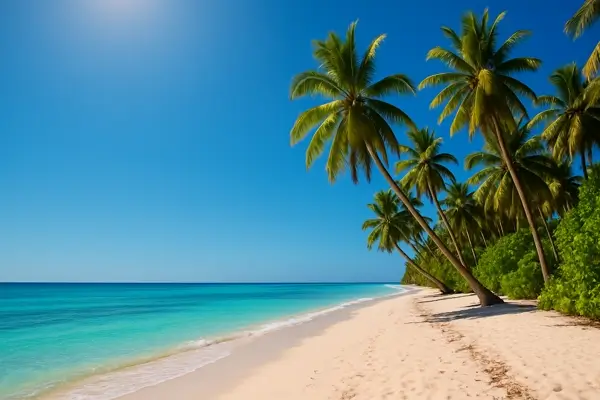
A Pacific Island Nation – Kiribati is a micronation located in the central Pacific Ocean, made up of 33 islands, which are spread over an area of about 3.5 million square kilometers.
The Only Country in All Four Hemispheres – Kiribati is unique because it is the only country in the world that spans all four hemispheres: the Northern, Southern, Eastern, and Western hemispheres.
Rising Sea Levels Threaten its Existence – Kiribati is one of the most vulnerable countries to climate change. Rising sea levels threaten to submerge much of the country, and it is considered at high risk of disappearing entirely by the end of the century.
The Island of Tarawa – The capital of Kiribati is Tarawa, an atoll located in the central Pacific. It is also the most populous part of the country, with most of the population living on this island.
A Unique Time Zone – Kiribati has a unique time zone, known as UTC+14, which means it is one of the first places in the world to experience a new day. The country has its own time zone that aligns with its geographical spread.
No Army – Kiribati has no military. It relies on international cooperation and the assistance of neighboring countries like Australia and New Zealand for defense and security matters.
Kiribati’s Independence – Kiribati became an independent nation in 1979, after gaining sovereignty from the United Kingdom. The islands had been a British colony prior to that.
A Traditional Way of Life – The people of Kiribati have a traditional way of life that revolves around fishing, farming, and canoe-building. They continue to rely on their natural surroundings for food and resources.
Bounty of Marine Life – Kiribati is surrounded by some of the richest marine ecosystems in the world. The Phoenix Islands Protected Area is one of the largest marine protected areas, home to a variety of coral reefs, fish, and other marine life.
Cultural Heritage – Kiribati has a vibrant oral tradition and cultural practices, including dance, song, and handicrafts. Traditional tattooing and weaving are an important part of the country’s cultural identity.
